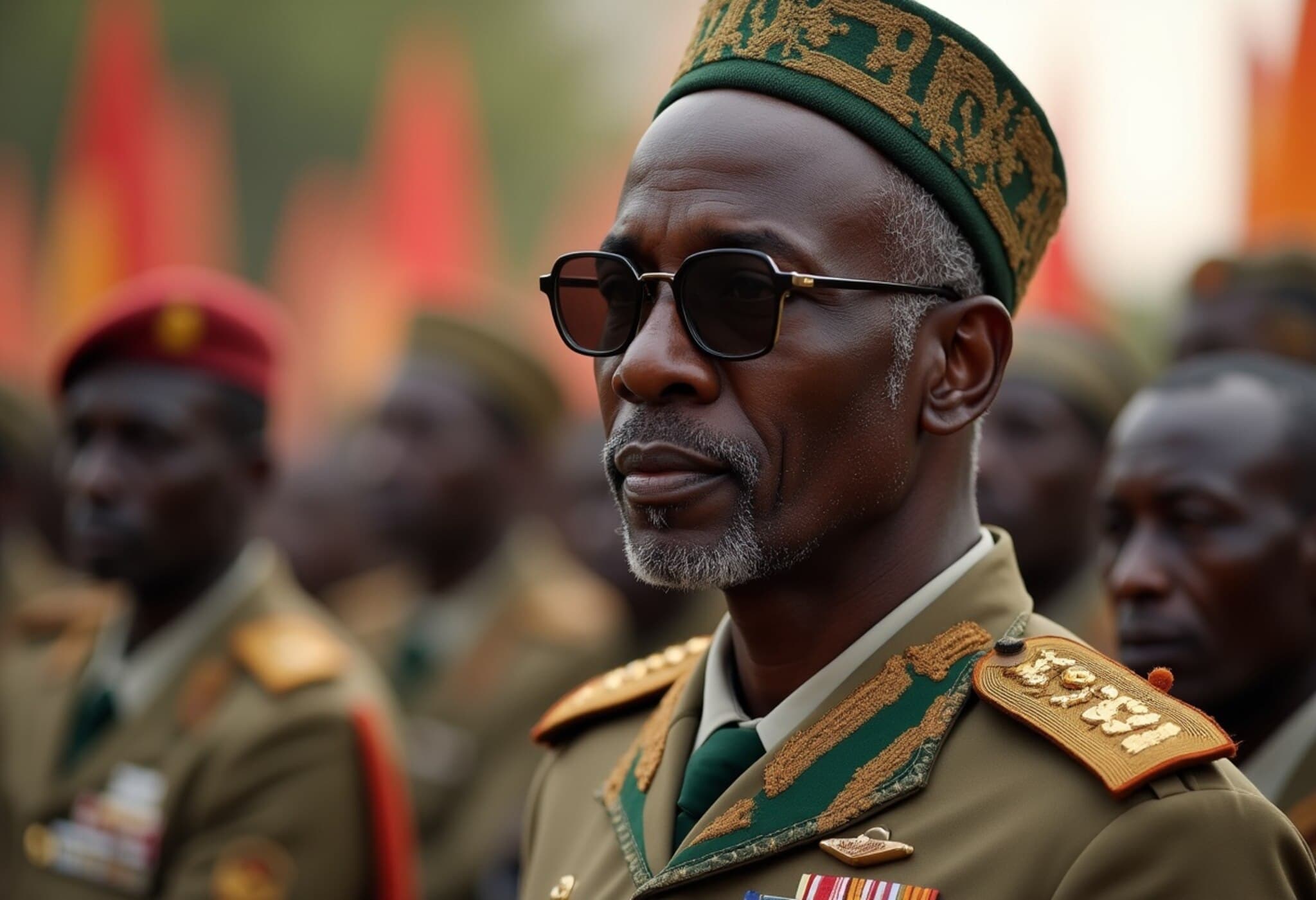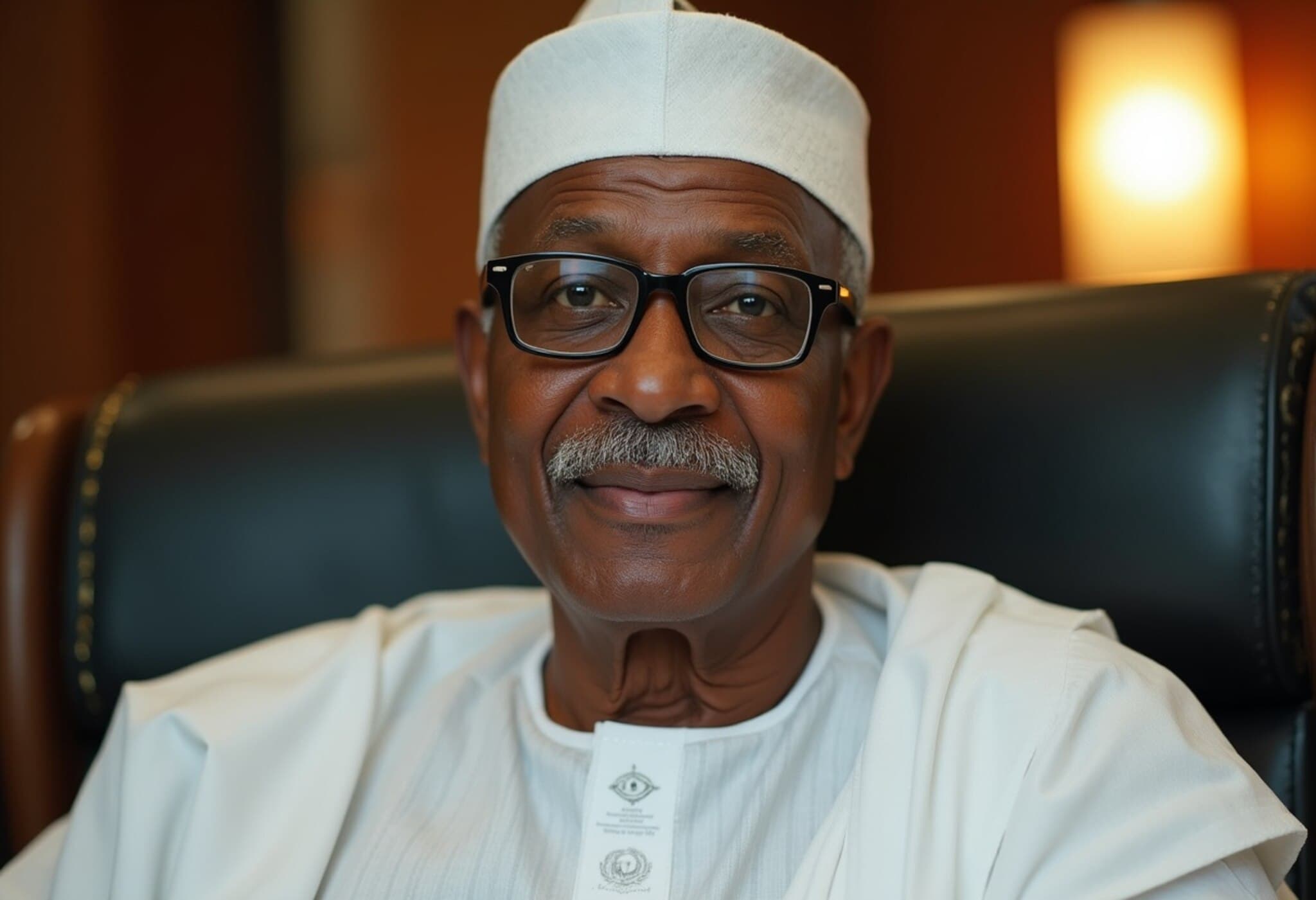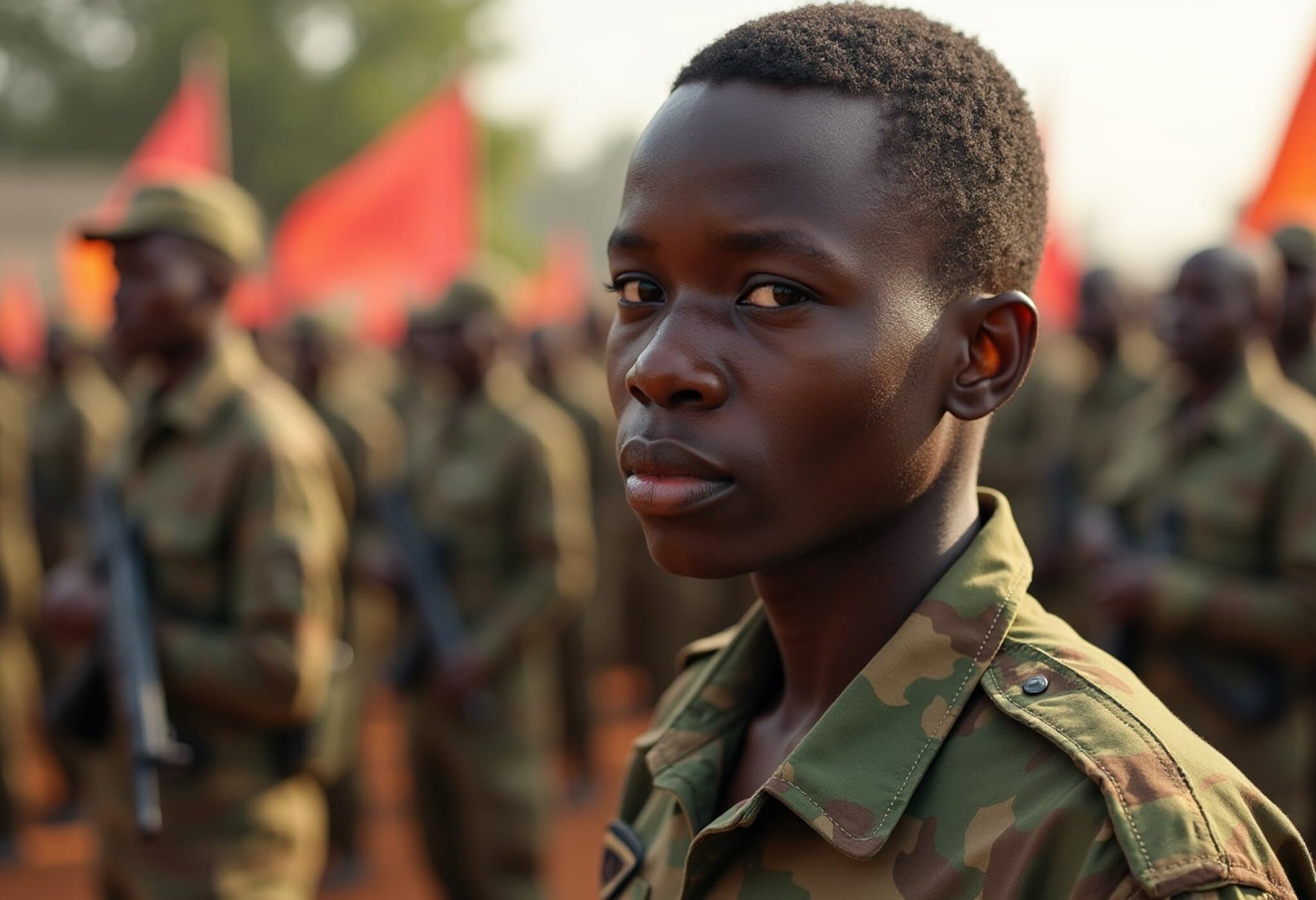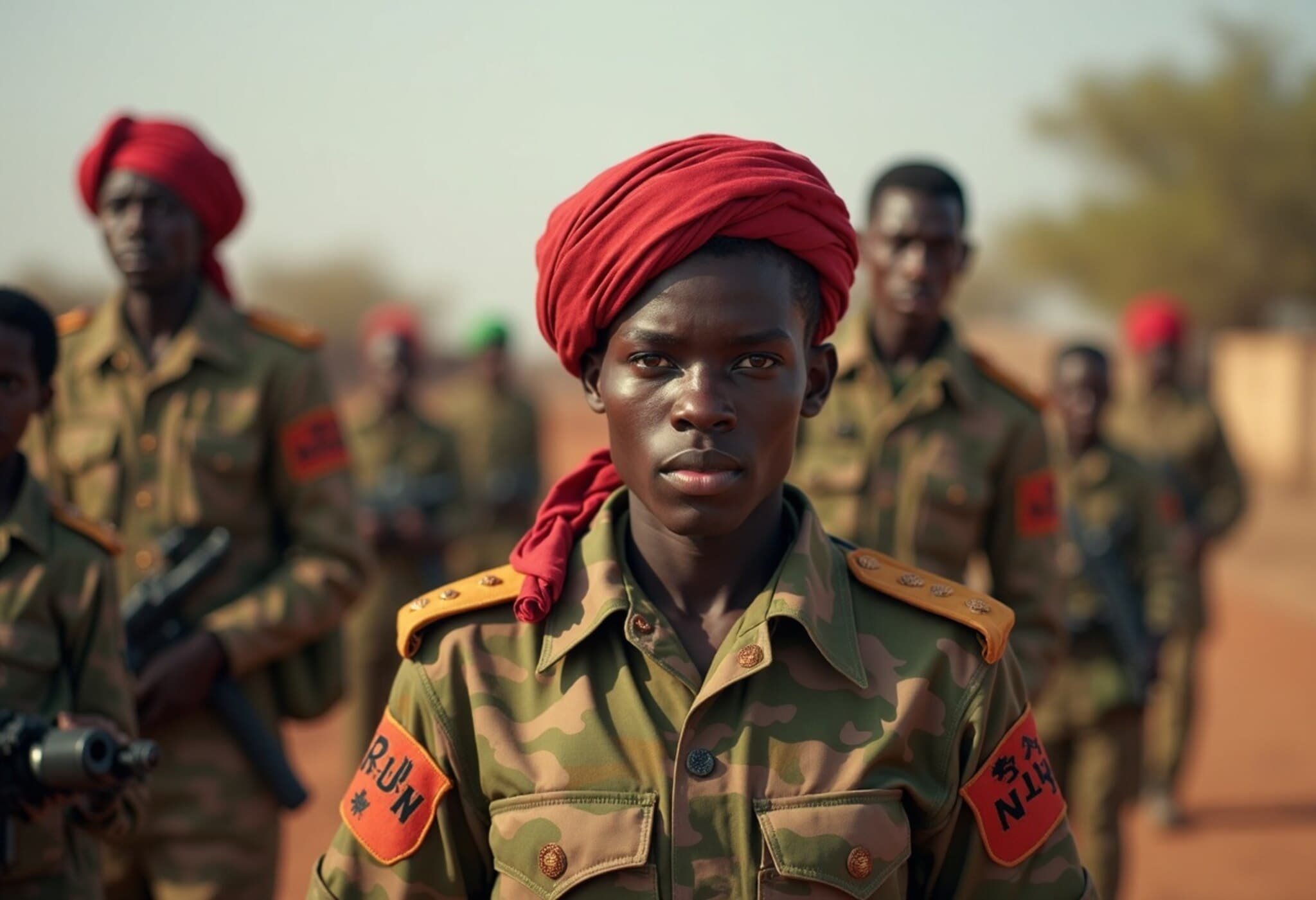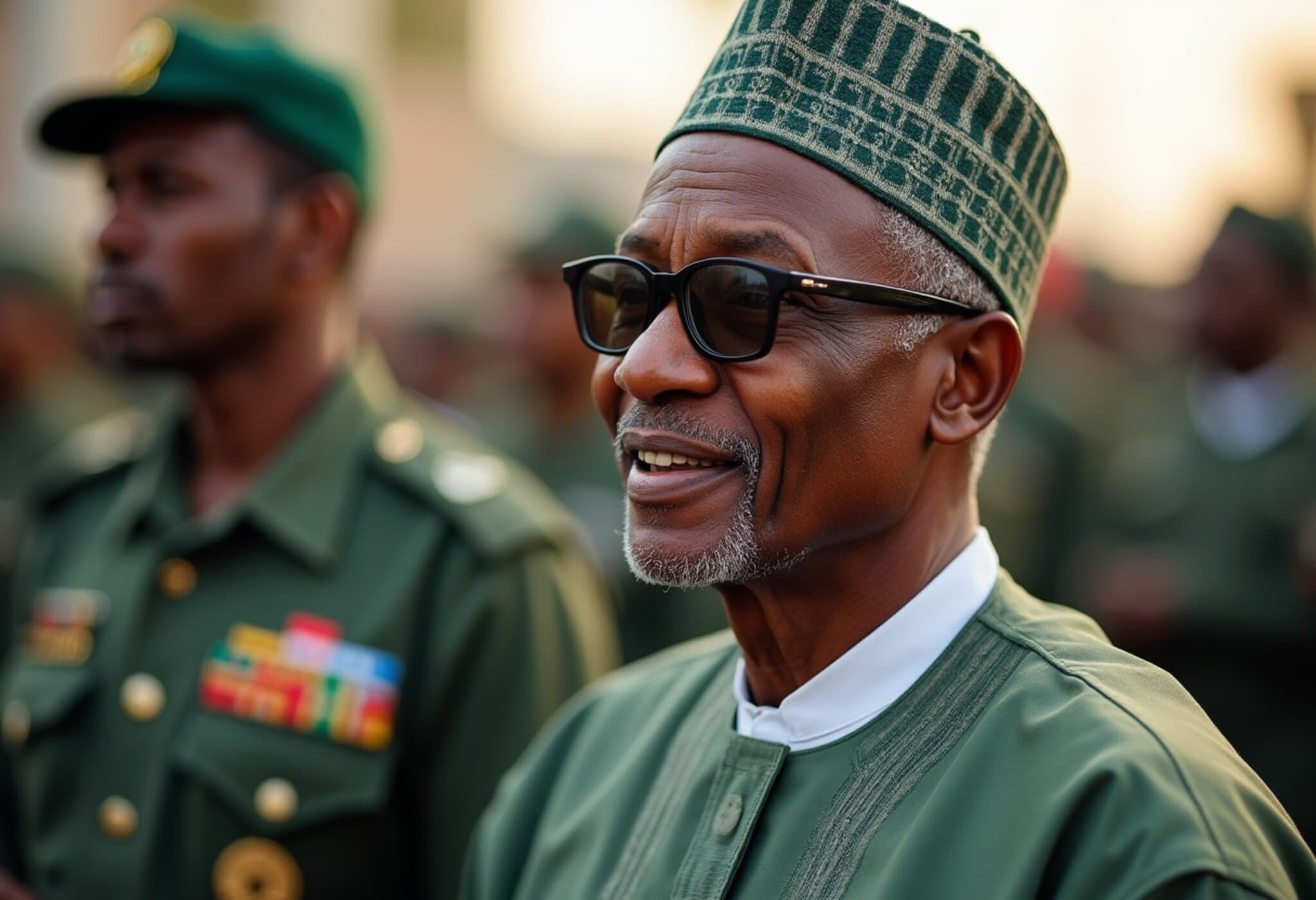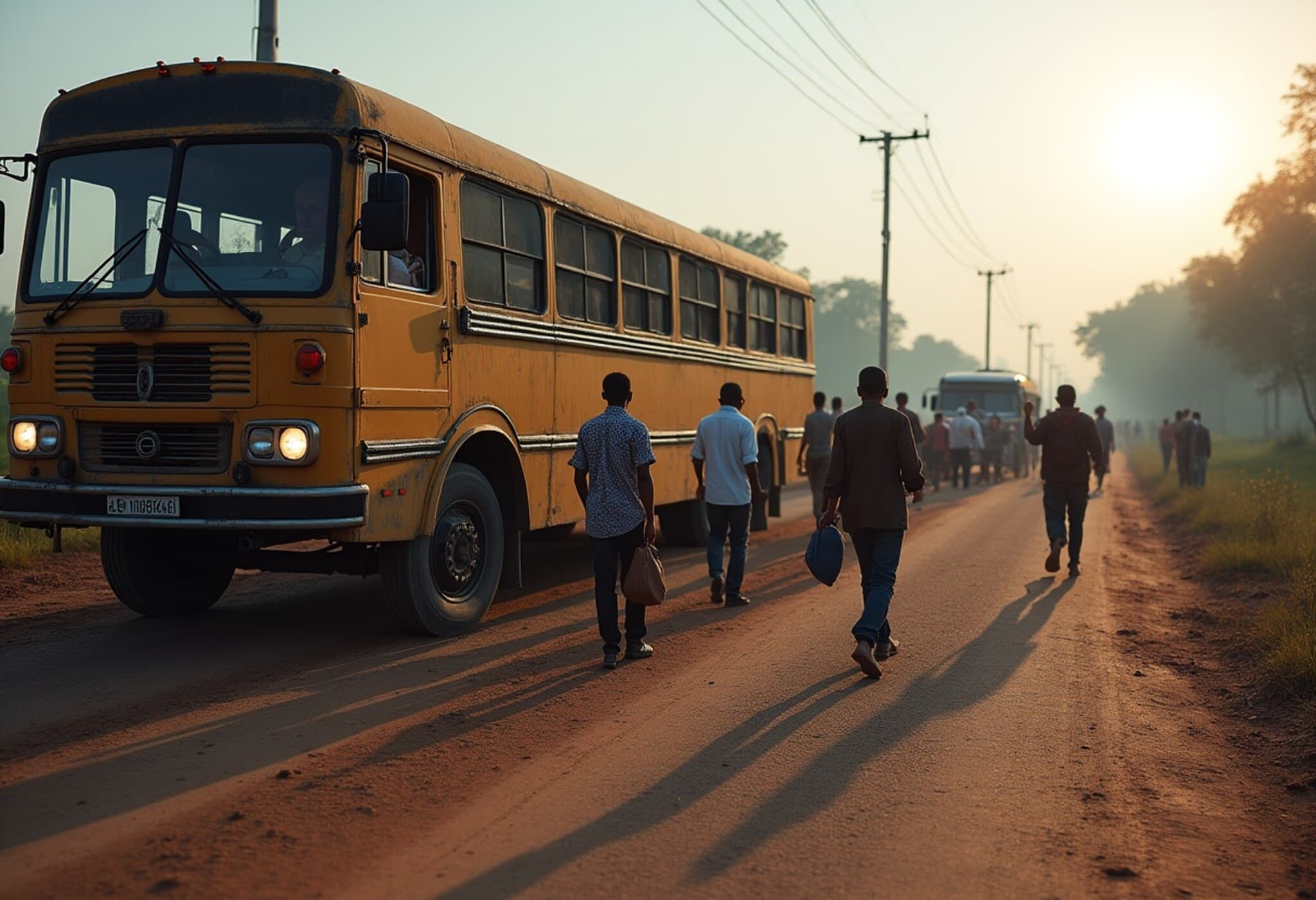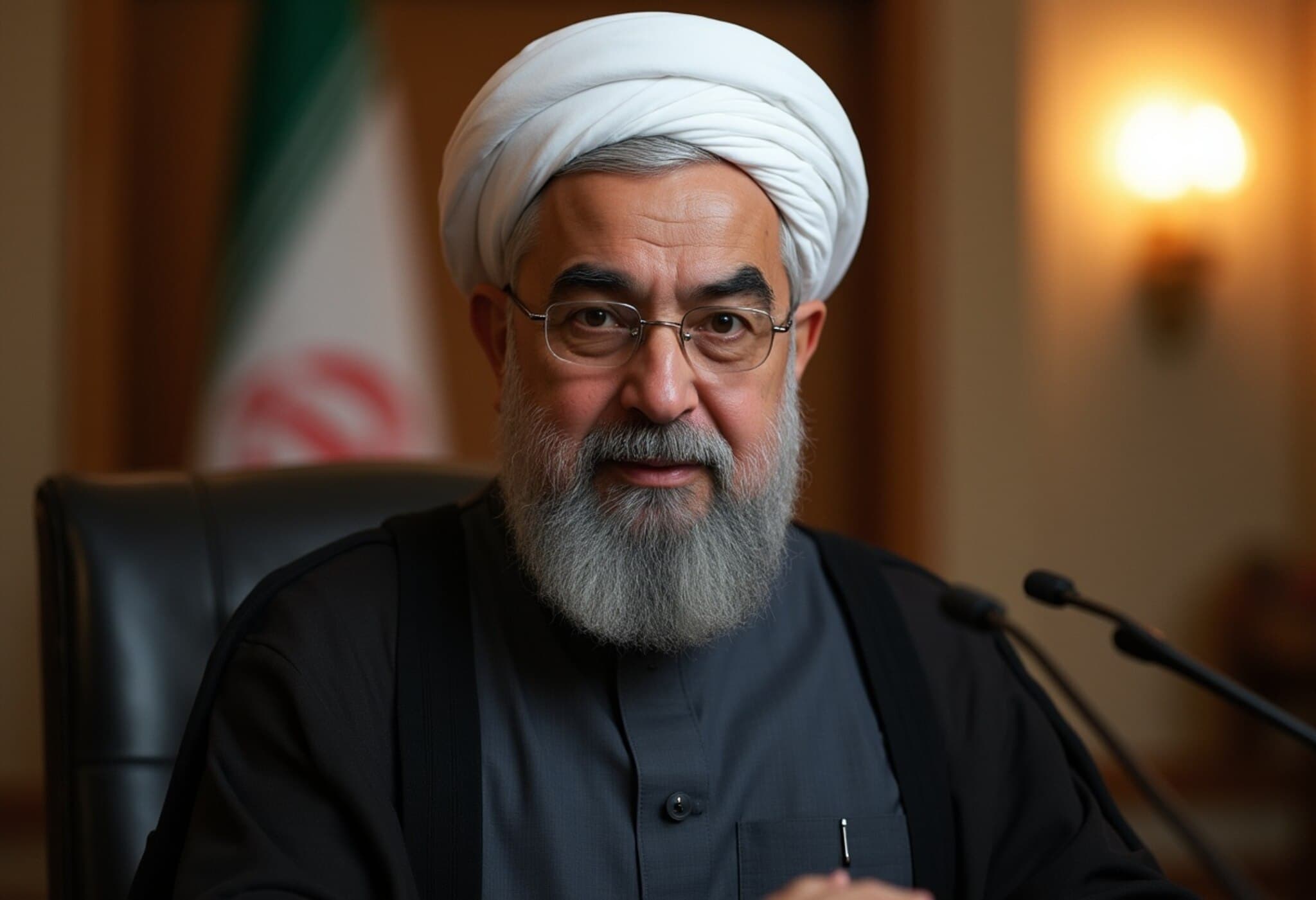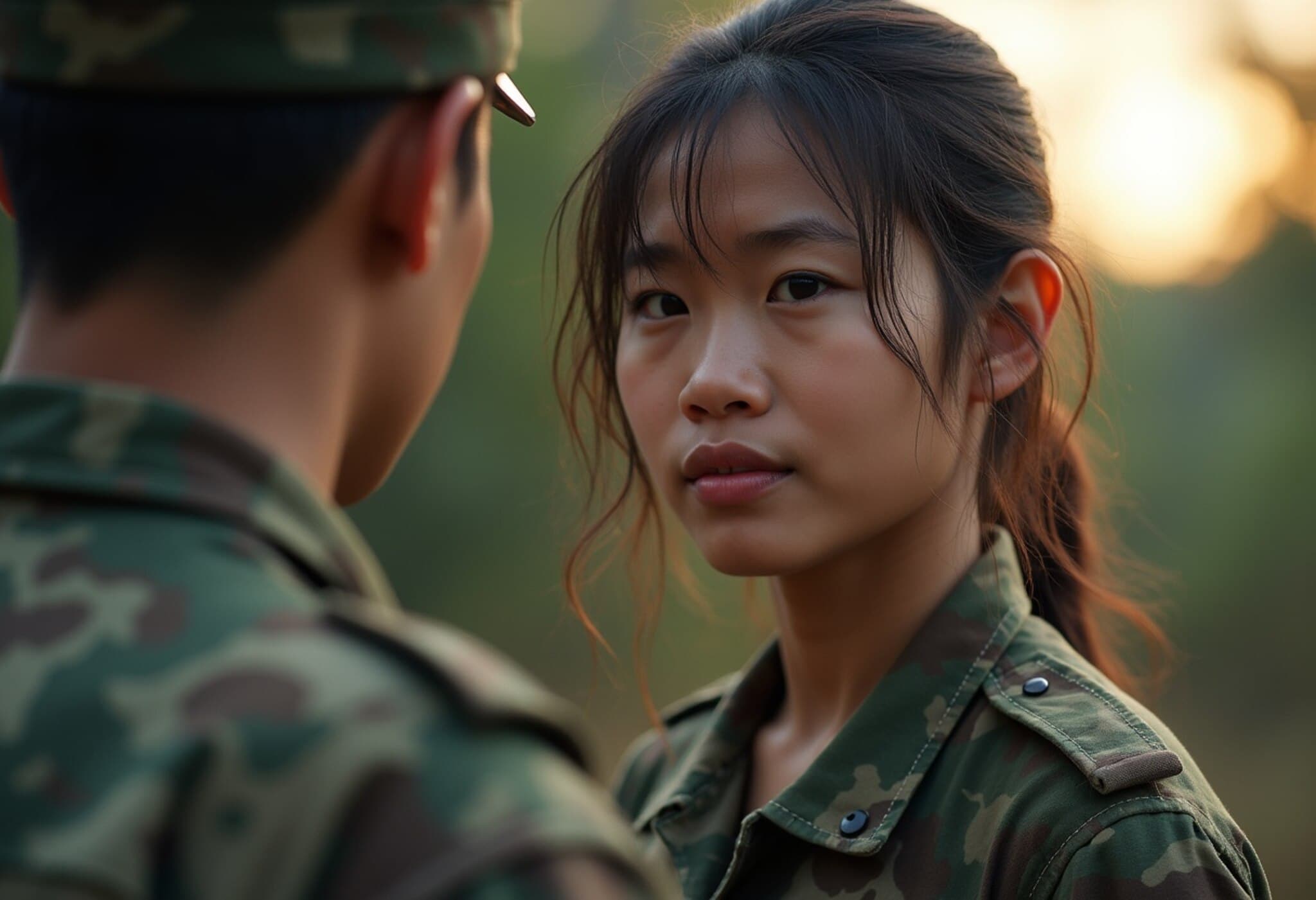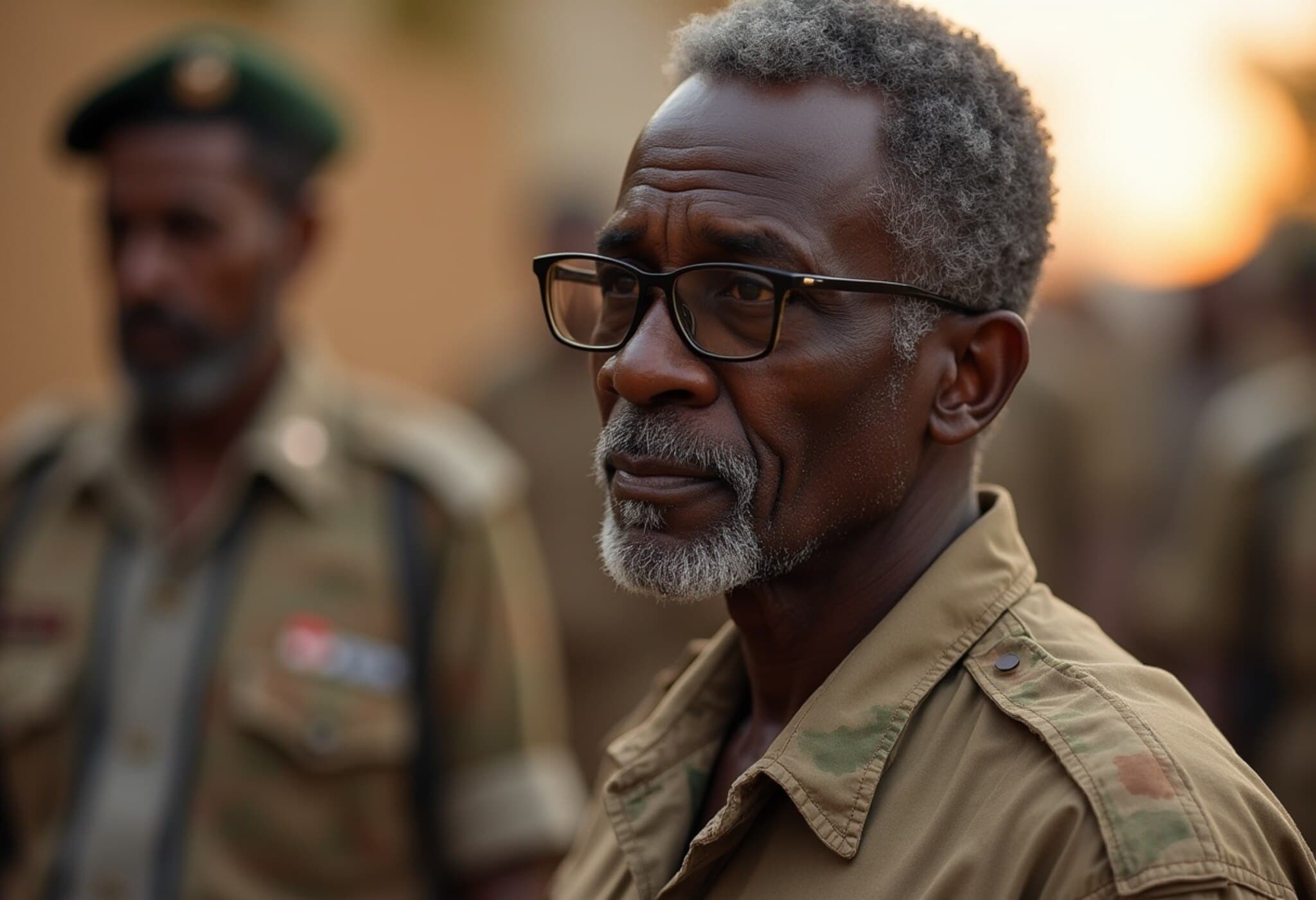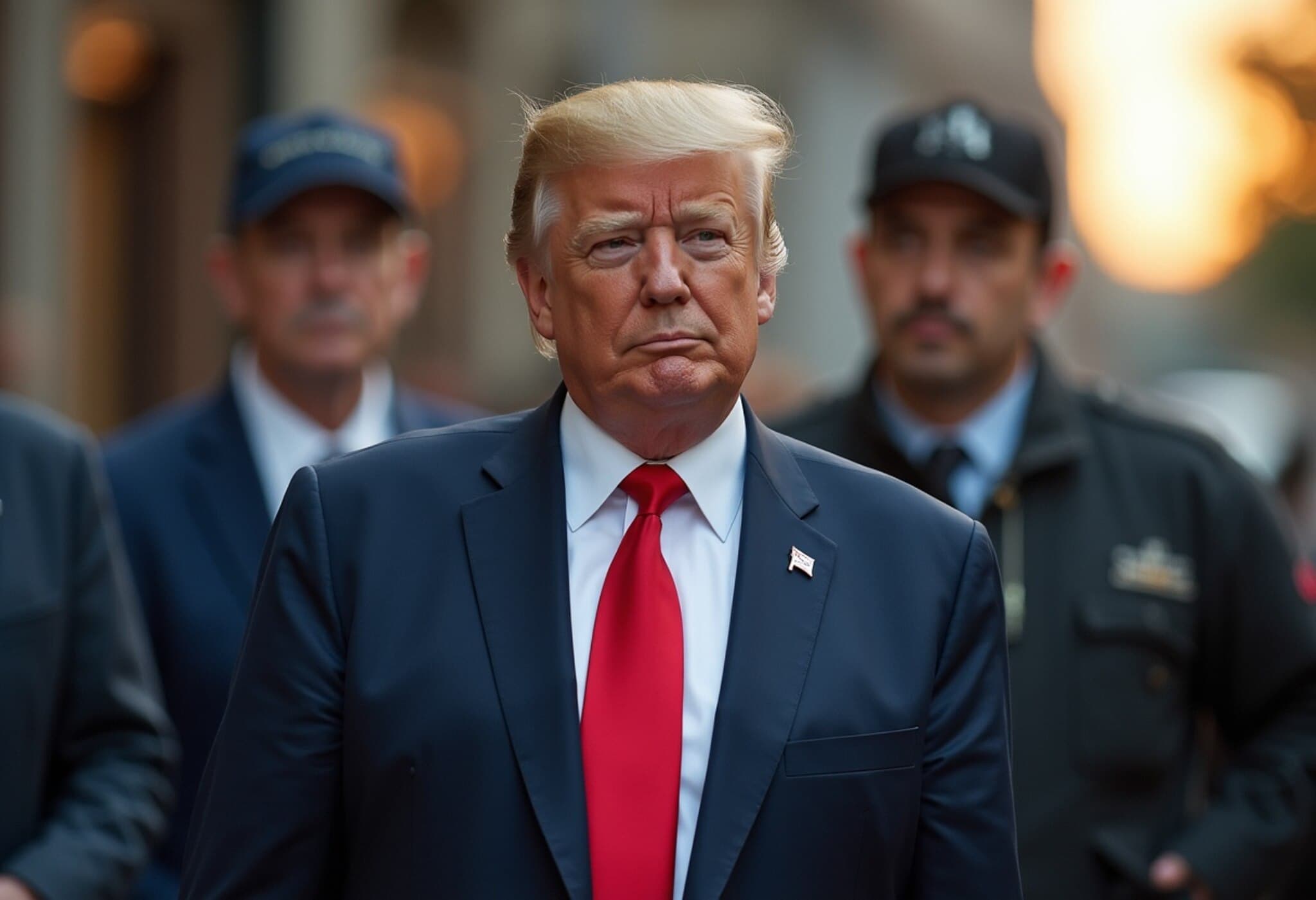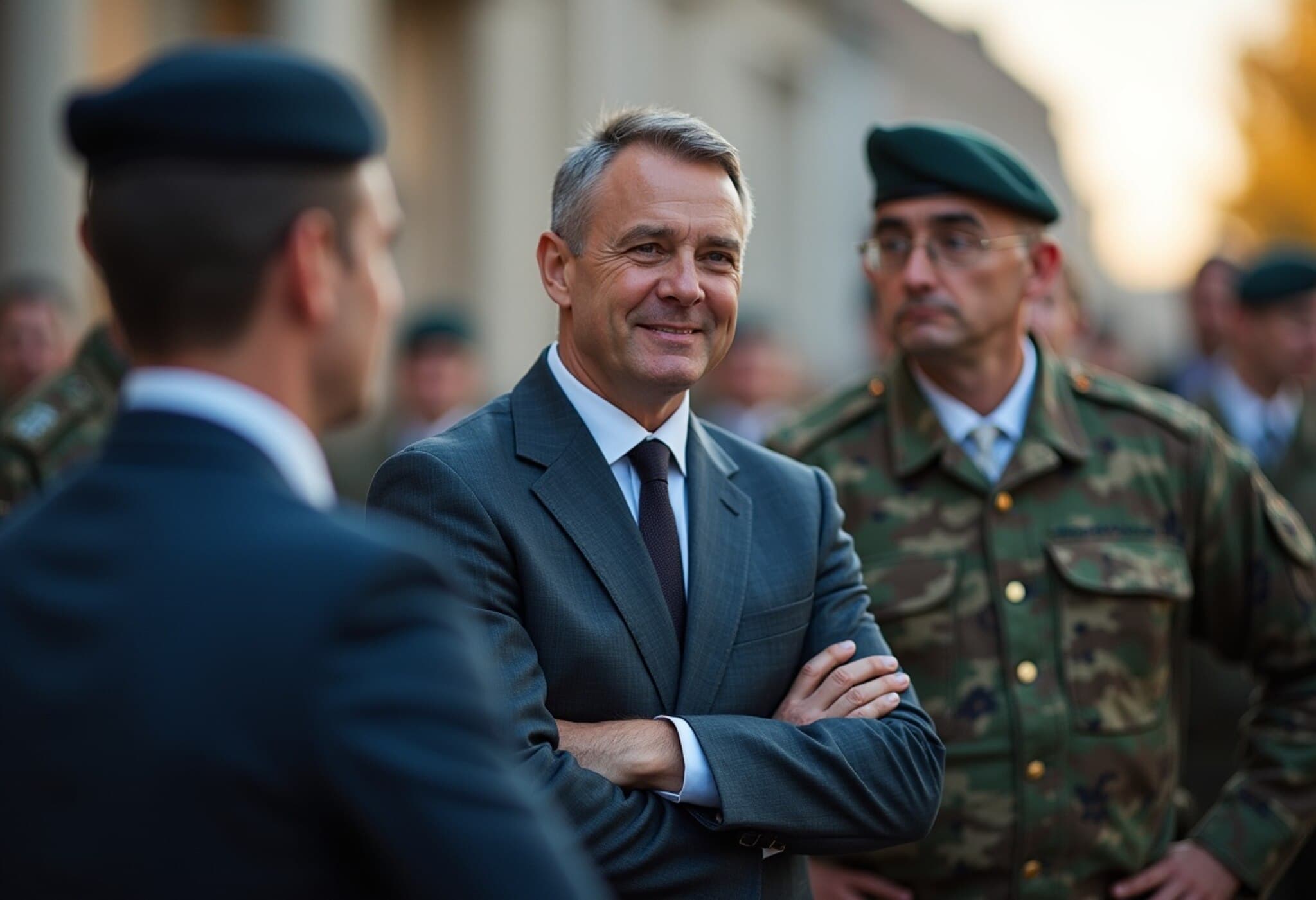Mali’s Junta Chief Grants Himself Renewed Presidential Mandate Amidst Political Turmoil
In a decisive move that signals a prolonged period of military dominance, General Assimi Goita, the leader of Mali’s junta, has extended his presidency for an indefinite term. A recently unveiled law allows Goita to serve a five-year presidential term, renewable “as many times as necessary”, without the requirement of holding elections.
Legalizing Military Rule: From Promise to Prolonged Control
The legislation, publicly released on July 10, 2025, formalizes Goita’s continuation as Mali’s head of state until at least 2030, a stark contradiction to the initial promise of returning to civilian governance by March 2024. This legal maneuver follows approval by the military-appointed legislature and cabinet, underscoring the junta’s consolidation of power amidst an escalating crackdown on political freedoms.
Initially hailed by some as a stabilizing force against the country’s chronic jihadist insurgencies, Goita’s ascent to leadership was intertwined with assurances of a transition back to democratic rule. However, the military’s grip has tightened, sidelining civilian political participation and quashing dissent.
Political Repression and Curtailment of Civil Liberties
The extension of Goita’s rule is part of a broader campaign to suppress political opposition. Earlier this year, a junta-led national consultation, largely boycotted by major political factions, recommended proclaiming Goita president sans elections and suggested abolishing political parties altogether. Following this, the junta officially dissolved all political parties and banned public meetings, severely crippling Mali’s civic space.
- Dissolution of political parties and organizations effectively eliminates institutional opposition.
- Ban on political gatherings curtails free assembly and public discourse.
- Renewable presidential term without elections entrenches authoritarian rule.
These measures reflect a strategic move to eliminate challenges to Goita’s authority and present a façade of unity amid escalating internal and external pressures.
Mali’s Shifting Geopolitical Landscape
Goita’s leadership heralds a significant pivot in Mali’s international relations. Under his command, Mali has severed longstanding ties with France and other Western partners, instead forging closer alignments with Russia and its mercenary force, the Wagner-affiliated Africa Corps. This alliance, while reinforcing military efforts against jihadist insurgents, has attracted widespread criticism for alleged human rights abuses.
Moreover, Mali has joined forces with Burkina Faso and Niger to form the Alliance of Sahel States (AES), aiming to consolidate regional security through a joint 5,000-strong military force. This bloc represents a new chapter in Sahelian cooperation but also raises questions about the regional impact of militarized governance and foreign mercenary involvement.
Security Challenges and Popular Sentiment
The Sahel region remains engulfed in violence, with jihadist groups affiliated with Al-Qaeda, ISIL, and various criminal networks escalating their attacks. Despite the turmoil and authoritarian crackdown, a segment of Mali’s population still views Goita as a figure of sovereignty and reform amid chaos.
This complex dynamic underlines the paradox of military leadership in fragile states — the desire for stability and security clashes with fundamental rights and democratic principles.
Expert Insights: The Road Ahead for Mali
From an American policy perspective, Mali’s trajectory raises critical questions about international engagement strategies. The U.S. and its allies must grapple with balancing counterterrorism cooperation with commitments to democratic governance and human rights. The normalization of indefinite military rule threatens to deepen Mali’s instability and complicate regional security efforts.
Additionally, the rise of mercenary forces and alliances like AES could shift power balances in West Africa, potentially inspiring similar moves in neighboring fragile democracies.
Unseen Narratives and Challenges
While media attention often focuses on headline political moves, less covered are the grassroots impacts — the everyday Malians navigating a shrinking civic space and ongoing violence. How will civil society and the youth, historically drivers of change, respond to prolonged military rule? The resilience of Mali’s democracy depends not only on international pressure but also on revitalizing local voices and institutions.
Conclusion
General Assimi Goita’s legal extension of power epitomizes the delicate, often fraught balance between security and democratic freedoms in conflict zones. As Mali embarks on this uncertain path, the international community and Malians alike face profound questions about governance, sovereignty, and the ultimate price of stability.
Editor’s Note
Mali’s situation underscores the complexities of post-conflict state-building in the Sahel. This new law granting indefinite military rule challenges global norms around democracy and human rights. How Mali navigates these tensions will have ripple effects throughout West Africa and inform international strategies on military coups and governance. Readers are invited to consider the human stories behind the headlines and the long-term implications for regional peace and democracy.

